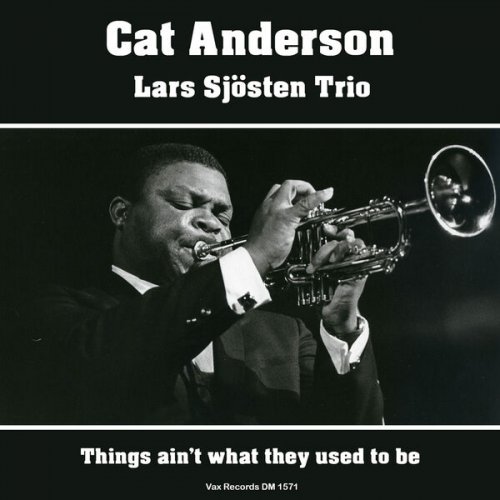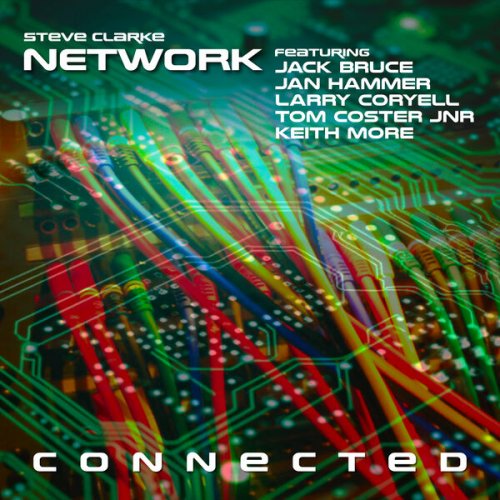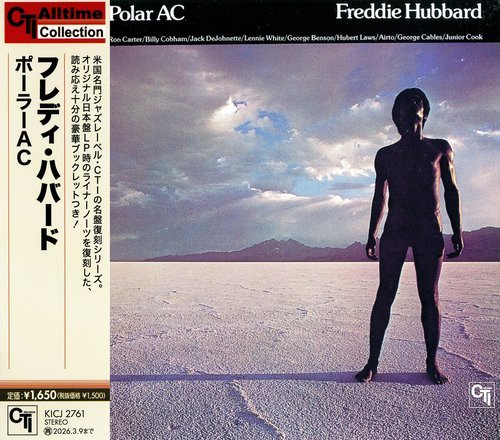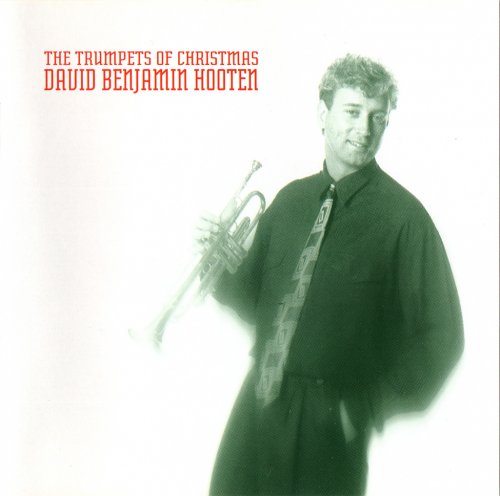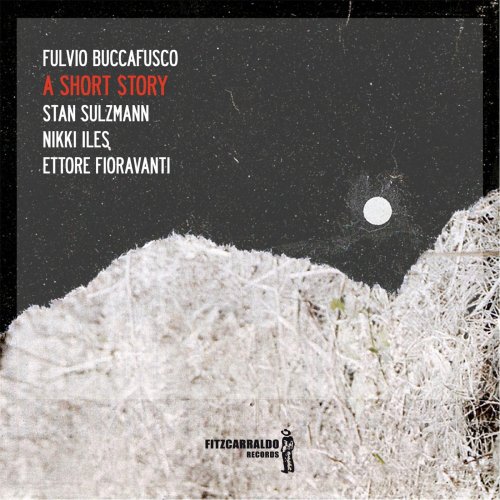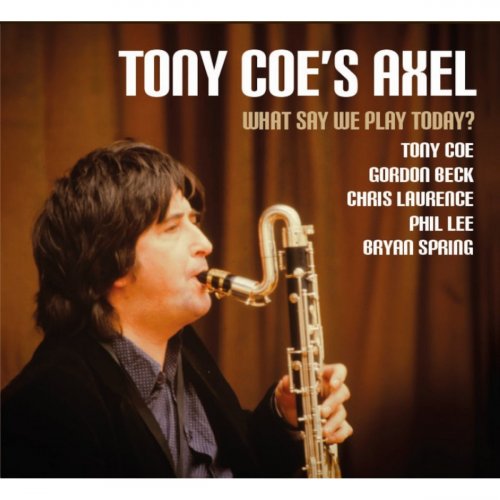Staatskapelle Dresden - Dvorák: Stabat mater, Op.58 (2001)
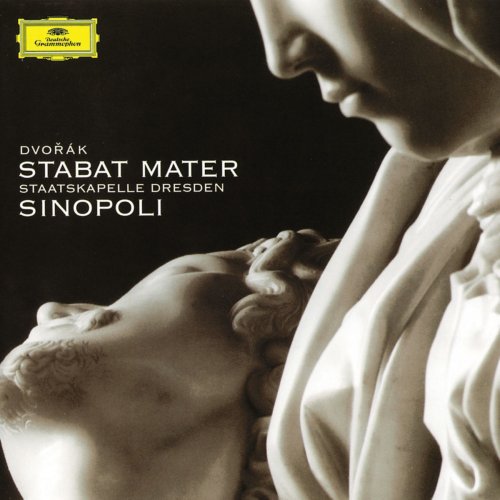
Artist: Staatskapelle Dresden
Title: Dvorák: Stabat mater, Op.58
Year Of Release: 2001
Label: Deutsche Grammophon / Universal Music
Genre: Classical
Quality: FLAC (tracks)
Total Time: 87:31 min
Total Size: 385 MB
WebSite: Album Preview
Tracklist:Title: Dvorák: Stabat mater, Op.58
Year Of Release: 2001
Label: Deutsche Grammophon / Universal Music
Genre: Classical
Quality: FLAC (tracks)
Total Time: 87:31 min
Total Size: 385 MB
WebSite: Album Preview
CD1:
01. Stabat mater, op.58 : 1. Quartetto e Coro "Stabat mater dolorosa"
02. Stabat mater, op.58 : 2. Quartetto "Quis est homo, qui non fleret"
03. Stabat Mater, Op.58, B.71 " 3. Coro "Eia mater, fons amoris"
04. Stabat mater, op.58 : 4. Basso e Coro "Fac ut ardeat cor meum"
05. Stabat mater, op.58 : 5. Coro "Tui nati vulnerati"
CD2:
01. Stabat mater, op.58 : 6. Tenore e Coro "Fac me vere tecum flere"
02. Stabat mater, op.58 : 7. Coro "Virgo virginum praeclara"
03. Stabat mater, op.58 : 8. Duo "Fac ut portem Christi mortem"
04. Stabat mater, op.58 : 9. Alto "Inflammatus et accensus"
05. Stabat mater, op.58 : 10. Quartetto e Coro "Quando corpus morietur"
Like Mozart writing his Requiem, this live recording of Dvorak's Stabat Mater has taken on great significance being released in the weeks following the death at 55 of the conductor Giuseppe Sinopoli in May 2001. It is a massively portentous performance given with the Dresden Staatskapelle. Five searing climaxes surge through the opening movement after the bleakest of openings. The quartet of soloists spars dramatically in the "Quis est homo"--there is real curiosity in their desperate questioning. Chorus and tenor Johan Botha present the beautiful "Fac me tecum" melody as if it were the "Ode to Joy". The bass Roberto Scandiuzzi has the pondering voice of an elderly judge. There is wisdom in his dryness. Mezzo Ruxandra Donose sings the "Inflammatus" with fluid weeping tone. The Chor der Saechsischen Staatsoper Dresden embraces the choruses with considerable passion. The choristers are strong and unstraining in the "Eja mater", floating the quiet passages with well-supported whispering tone. By the time the finale comes round, they are sounding pretty tired but that is the nature of the work. The mood is drained. You cannot hear the audience but you can feel them. The world has lost a conductor who could create an atmosphere. --Rick Jones
